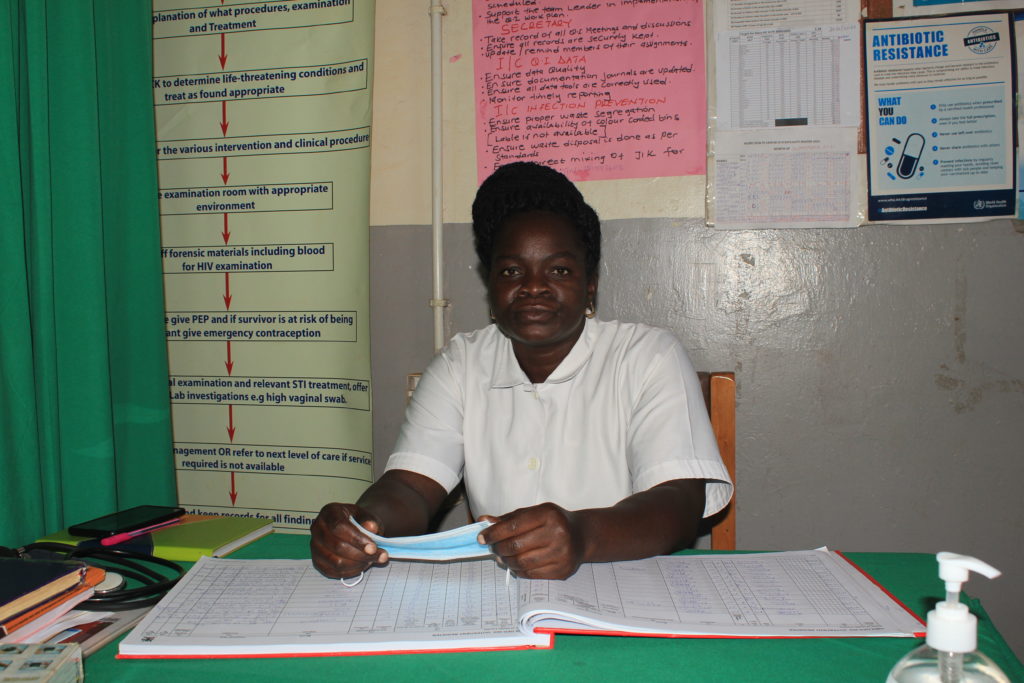The Alero Health Center III How Clean Water Saves Lives

How Clean Water Saves lives in African Health Centers After a tiring day at the Alero Health Center III in Uganda, Awor Stella, was resting in the sleeping quarters. Little did she know that this evening would take a turn and become another example of how clean water saves lives in African hospitals. Awor works […]
